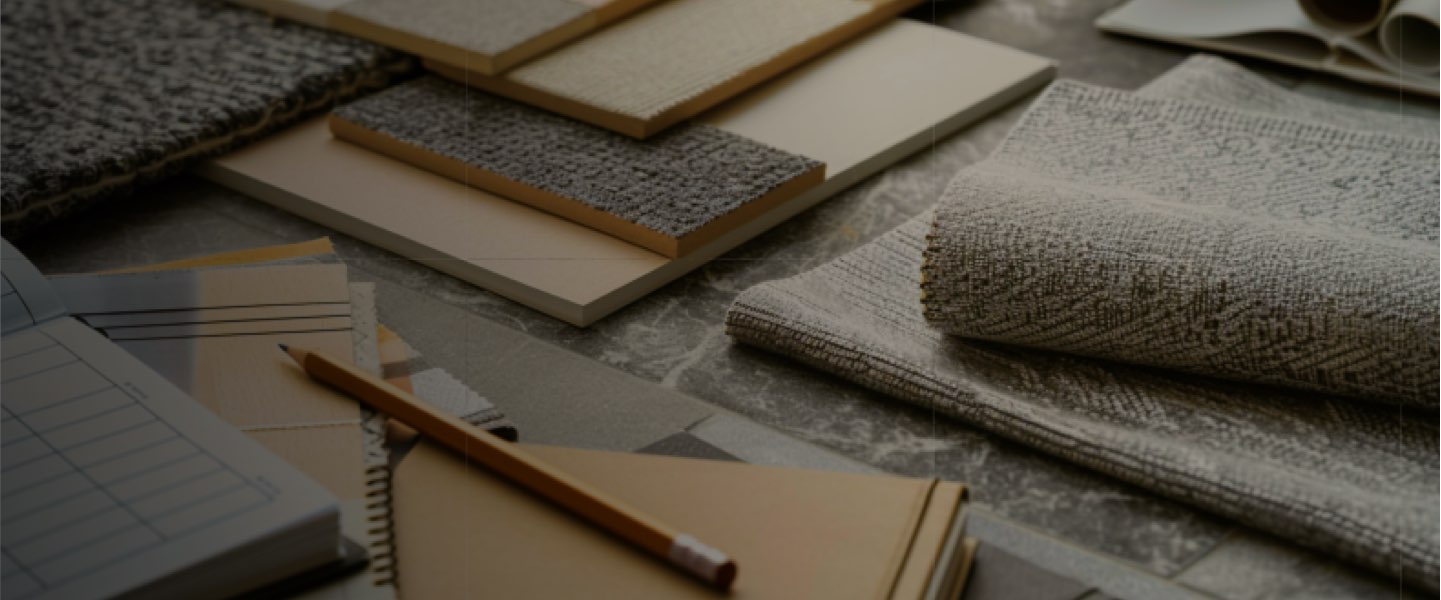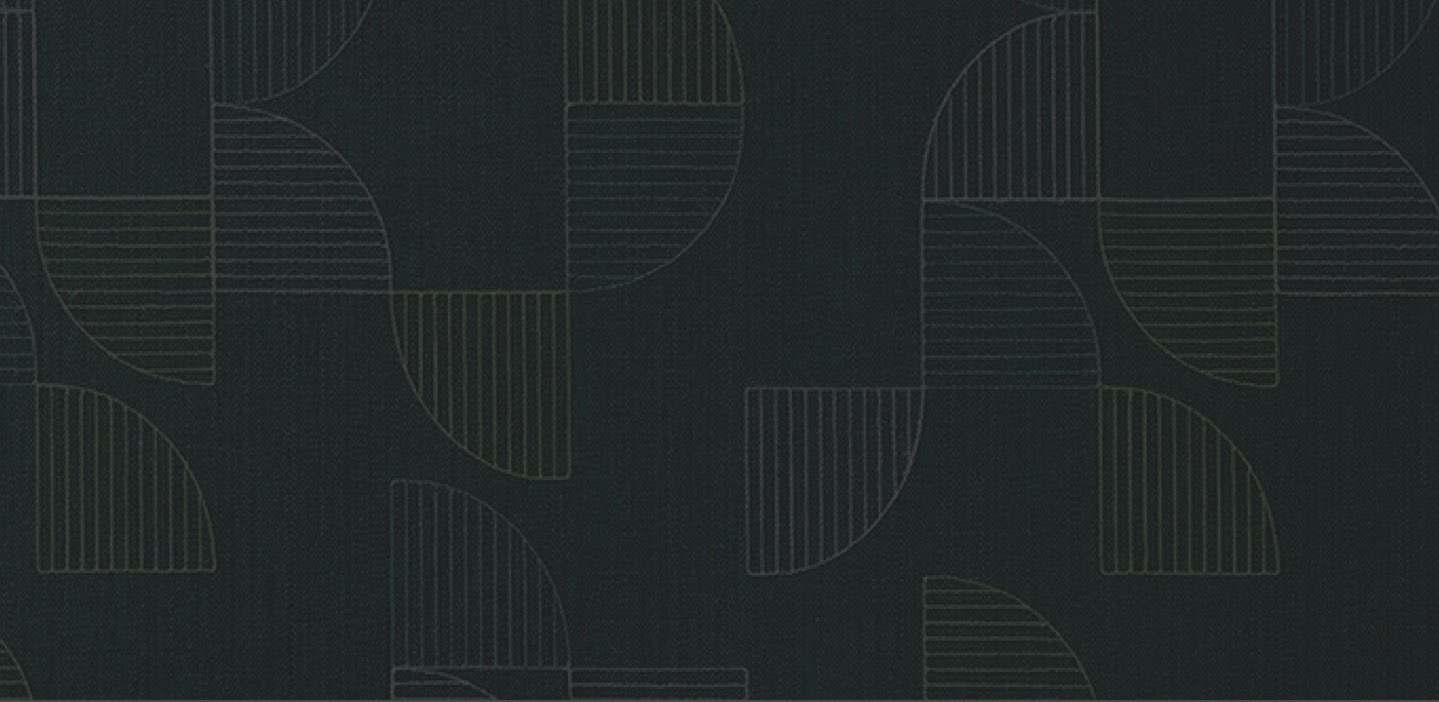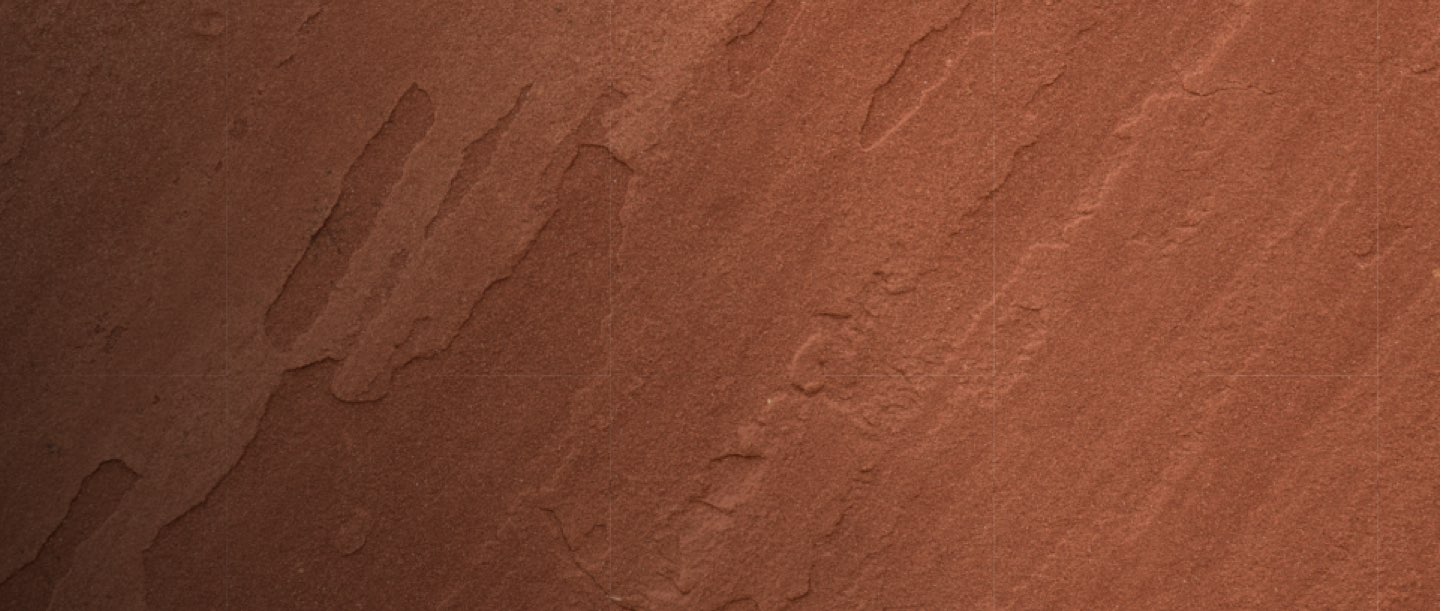
Discover Low Embodied Carbon Materials

Lower carbon with materials you can trust.
Explore curated product collections based on use case, material category, sustainability criteria, and performance.
Search across hundreds of products by carbon footprint, ingredients, certifications, availability, and performance.
Materials must disclose a minimum of 75% of ingredients and verified against industry certifications, like Cradle to Cradle, to confirm disclosures.
Each Material Collection has detailed spec guidance to help you evaluate products with the most important criteria on-hand.

Your leading resource for non-toxic building materials.
Reducing embodied carbon is one of the most immediate ways the building industry can cut emissions. HML’s LEC benchmark gives us a clear, credible target for specifying materials that make a measurable climate impact.
Your clients deserve healthy spaces.
Specify healthy, high-performance materials with confidence.
Join Our Academic Network
Get Access to our carefully researched and curated academic resources, including model syllabi and webinars. An email from an academic institution or a .edu email address is required. If your academic institution does not use .edu email addresses but you would like to join the network, please contact healthymaterialslab@newschool.edu.
Already have an account? Log in